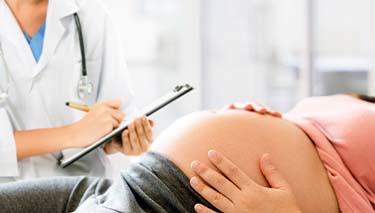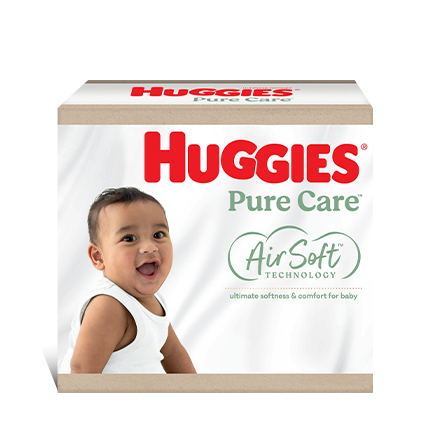Catching chickenpox at any age is a nuisance, but this blistering virus can cause serious complications when you are pregnant.
As a rule, if you've had chickenpox (its medical name is varicella) in the past, the chances of you catching it again are extremely slim. Luckily, nature seems to think that suffering chickenpox once is enough for 90% of the Australian population anyway.
After having chickenpox for the first time, your body develops antibodies to the virus, which generally make you immune to re-infection even when you're pregnant.
Effects of chickenpox while pregnant
If you are in the 10% of Australian people that are prone to catching chickenpox a second time, odds are that you will still fully recover from chickenpox. If you are pregnant it's also more than likely that your unborn baby will be unaffected.
However, chickenpox can be more severe if you catch it while pregnant. Unfortunately, makes you more susceptible to developing something more dangerous, like pneumonia.
Catching chickenpox can also pose a risk to your unborn baby.
If you contract the virus during the first 20 weeks of your pregnancy, there is a slight risk that your unborn baby could develop a very rare disorder called foetal varicella syndrome.
This syndrome can cause complications, including:
- Scarring
- Eye sight defects
- Underdeveloped arms and legs
- Mild-to-severe brain damage
- Premature birth
If you have caught chickenpox at any time during your pregnancy, contact your doctor or midwife immediately.
To be safe, if you've never had the virus before and if you're not sure you should definitely avoid contact with people who have chickenpox.
Symptoms of chickenpox during pregnancy
The symptoms of chicken pox are very similar, whether you're pregnant or not. Be on the lookout for signs, like:
- A severe or bleeding rash of itchy spots and/or blisters
- Problems with breathing, or chest pain
- Excessive drowsiness
- Excessive vomiting and nausea
- High fever
- Vaginal bleeding
It is vital that if you are showing signs of any of the above symptoms, you contact your doctor or midwife as soon as possible. Of course, try to be mindful of other people, especially pregnant friends and babies, and try to distance yourself to reduce the risk of spreading chickenpox.
Treating chickenpox during pregnancy
If you are experiencing a fever, you can take small doses of paracetamol to help. Calamine lotion can also help to relieve the need to itch your spots. Two of the best and safest ways to relieve your symptoms are to:
- drink plenty of hydrating fluids
- get plenty of rest
There are also some stronger forms of medication that your doctor may prescribe, depending on the stage of your pregnancy. Varicella zoster immune globulin (VZIG), which contains chickenpox antibodies, can be helpful if you have been exposed to the virus but not yet contracted it yourself.
Acyclovir is an anti-viral treatment that can help to reduce the severity of your symptoms if taken within the first 24-hours. If you are in your
first trimester though, acyclovir might not be the best choice, due to the effects it may have on your unborn baby.
Immunising for chickenpox during pregnancy
Immunisation is only really effective and safe if you are not already immune and you aren't yet pregnant. If you in the early stages of your pregnancy, your doctor or midwife can check your immunity to chickenpox with a blood test.
An injection of varicella zoster immune globulin (VZIG) is the most effective treatment if you have been exposed to chickenpox and notified your doctor or midwife immediately.
Last Published* May, 2024
*Please note that the published date may not be the same as the date that the content was created and that information above may have changed since.





















